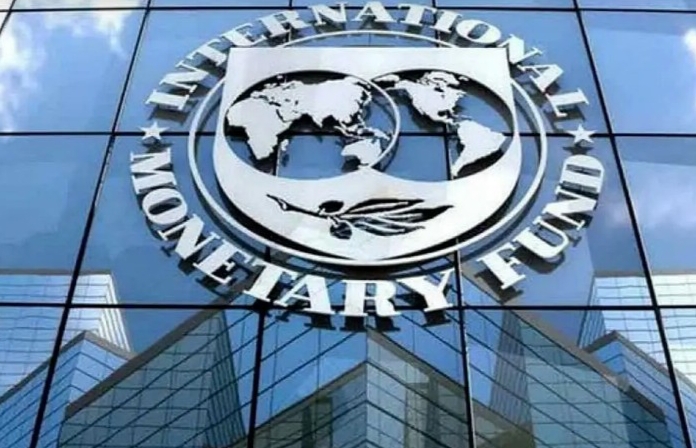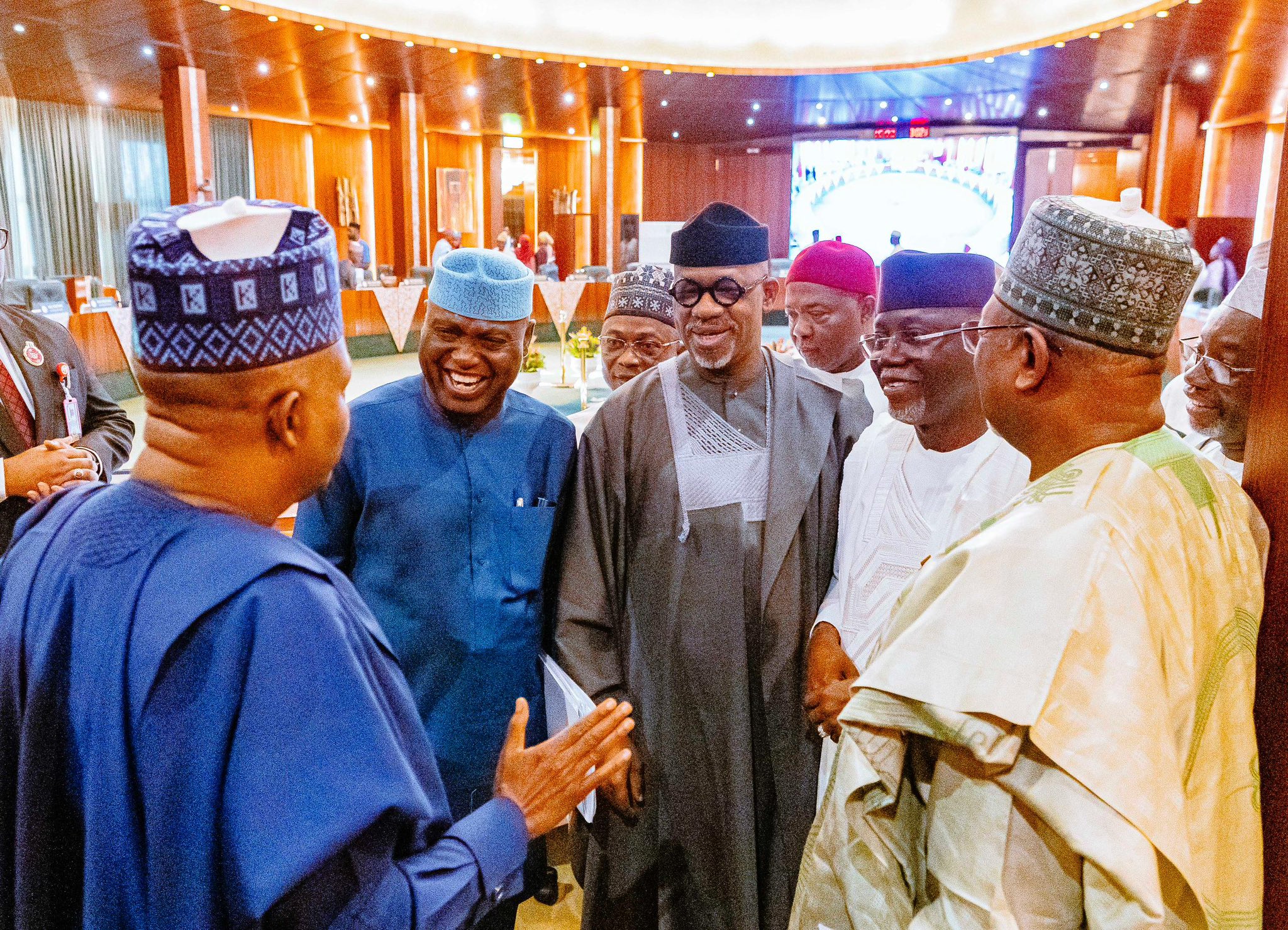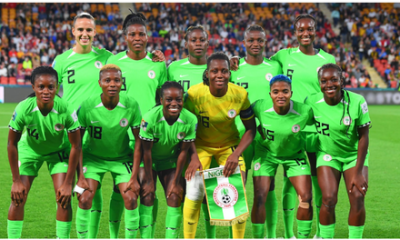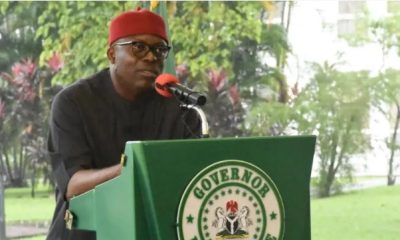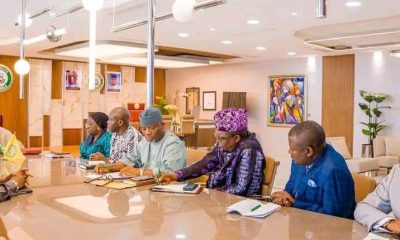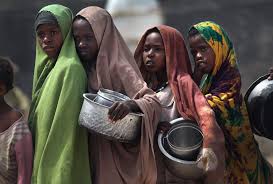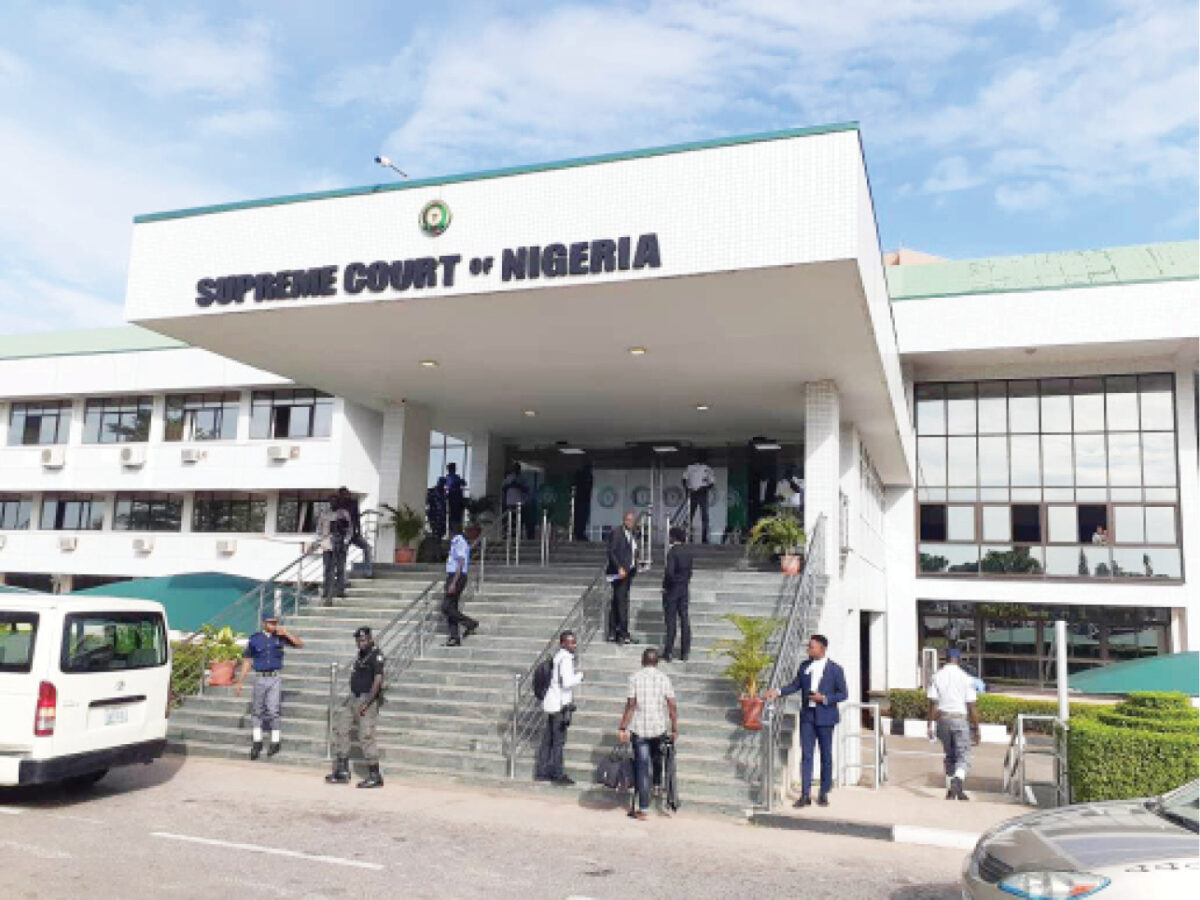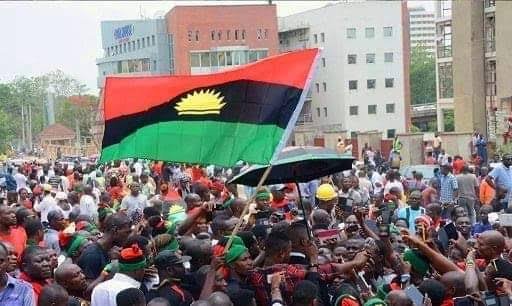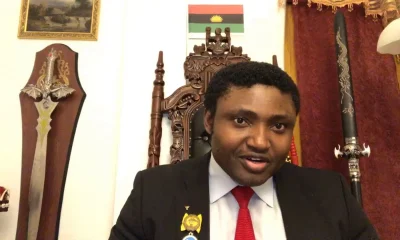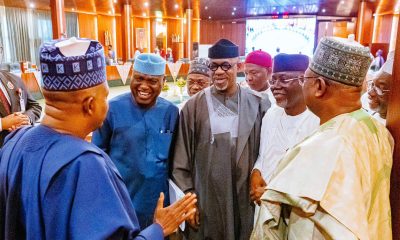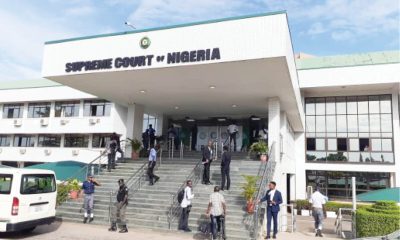The International Monetary Fund (IMF) recently clarified that it did not play any role in the Nigerian government’s decision to remove fuel subsidies.
This statement was made by Abebe Selassie, the IMF’s African Region Director, during a press conference at the IMF and World Bank Annual Meetings held in Washington, D.C. Selassie emphasized that the decision by President Bola Tinubu’s administration to remove fuel subsidies was entirely domestic, originating solely from the Nigerian government without any external influence or pressure from the IMF.
“We don’t have programmes in Nigeria,” Selassie stated, clarifying the organization’s limited engagement with Nigeria.
According to him, the IMF’s involvement with the country is confined to routine dialogues, similar to those it maintains with other nations such as Japan and the United Kingdom.
He explained that while the IMF regularly communicates with governments around the world, these discussions are not equivalent to the implementation of IMF-backed programs, nor do they imply direct influence on a country’s policy decisions.
The removal of fuel subsidies has sparked widespread discussion and debate in Nigeria, primarily because of its significant social and economic implications.
Many Nigerians have linked the subsidy removal to alleged pressures from international financial bodies like the IMF and the World Bank, accusing these institutions of indirectly dictating Nigeria’s fiscal policies.
However, Selassie’s remarks during the press conference sought to dispel these notions, reiterating that the IMF did not have an operational program within Nigeria that would warrant it to dictate policy actions.
Nonetheless, Selassie noted that the Nigerian government’s approach to removing fuel subsidies was aligned with long-term economic sustainability.
He acknowledged that such policy decisions are complex and often come with high social costs, which can impact vulnerable populations the most.
“We recognize the significant social costs involved,” Selassie said, noting that the government could implement mitigation measures to ease the burden on those most affected by the removal of fuel subsidies.
He highlighted the importance of expanding social protection programs, which could offer relief and support to Nigeria’s most vulnerable citizens during this period of transition.
On May 29, 2023, President Bola Tinubu announced the removal of the fuel subsidy, declaring, “Subsidy is gone.
” The decision, made immediately after his inauguration, was perceived as part of a broader economic reform agenda aimed at addressing Nigeria’s persistent fiscal challenges.
However, the removal of subsidies has led to a sharp increase in fuel prices, with the pump price of petrol rising to over 1,000 Naira per liter in many regions. This surge has had a ripple effect, contributing to inflation and increasing the cost of living for millions of Nigerians.
The sharp rise in fuel prices following the subsidy removal has not only placed a burden on individual households but has also intensified the economic strain on businesses and industries reliant on fuel.
Many Nigerians are now contending with increased transportation and food costs, while businesses face higher operating expenses due to the elevated cost of fuel.
This has fueled public discontent, with many citizens and analysts questioning whether the government has adequate social welfare structures in place to cushion the impact on vulnerable groups.
While some Nigerians acknowledge that subsidy removal might be a necessary step for economic restructuring, others argue that the government should have taken a phased approach, allowing time to develop compensatory mechanisms before implementing the policy.
There is widespread concern that, without proper support systems, the most vulnerable segments of society could suffer disproportionately.
Critics have also pointed out that while subsidy removal may alleviate certain fiscal pressures, it does not address underlying structural issues within the Nigerian economy, such as low levels of industrial production, high dependency on imports, and a persistent trade imbalance.
They argue that without addressing these foundational challenges, the benefits of subsidy removal may be short-lived and could further strain the country’s socio-economic fabric.
In response to the public criticism and widespread accusations that Nigeria’s economic policies are being shaped by international institutions, Selassie reiterated the IMF’s commitment to providing only advisory and technical support.
He emphasized that the IMF respects the sovereignty of its member countries, allowing them to make decisions based on their national interests.
He further noted that any assistance offered by the IMF is generally aimed at supporting the government’s long-term goals for sustainable economic growth and poverty alleviation, not at imposing policy changes.
In conclusion, the IMF has clarified that it did not influence or dictate Nigeria’s decision to remove fuel subsidies, which remains a contentious issue within the country.
While the government views this move as a pathway to long-term fiscal sustainability, the immediate impact on Nigerians has raised questions about the adequacy of social protection measures in place to support those affected by the rising costs.
The situation underscores the complex balance Nigeria must strike between economic reform and social stability, as well as the importance of clear communication and comprehensive planning when implementing policies with widespread implications.
